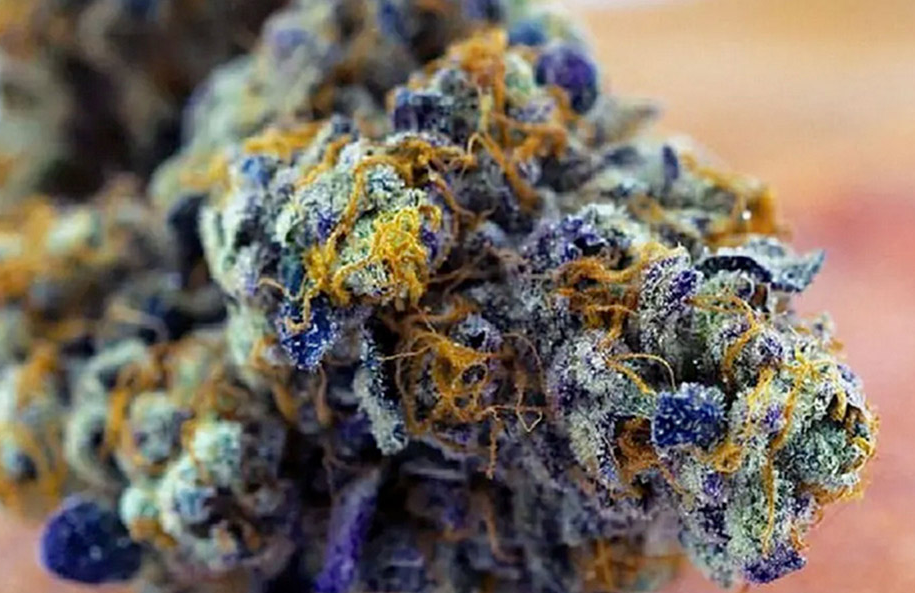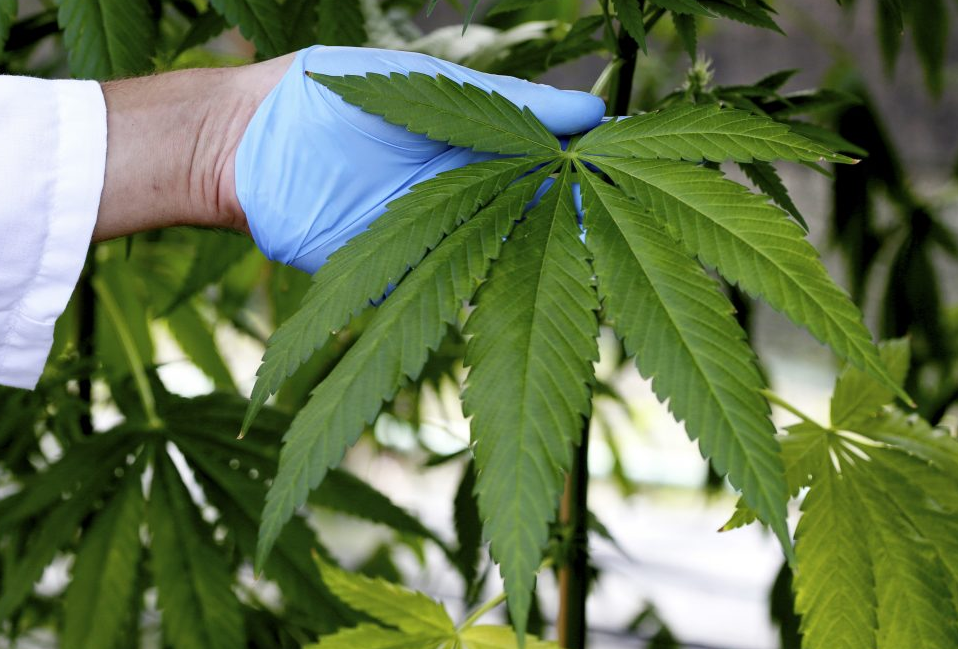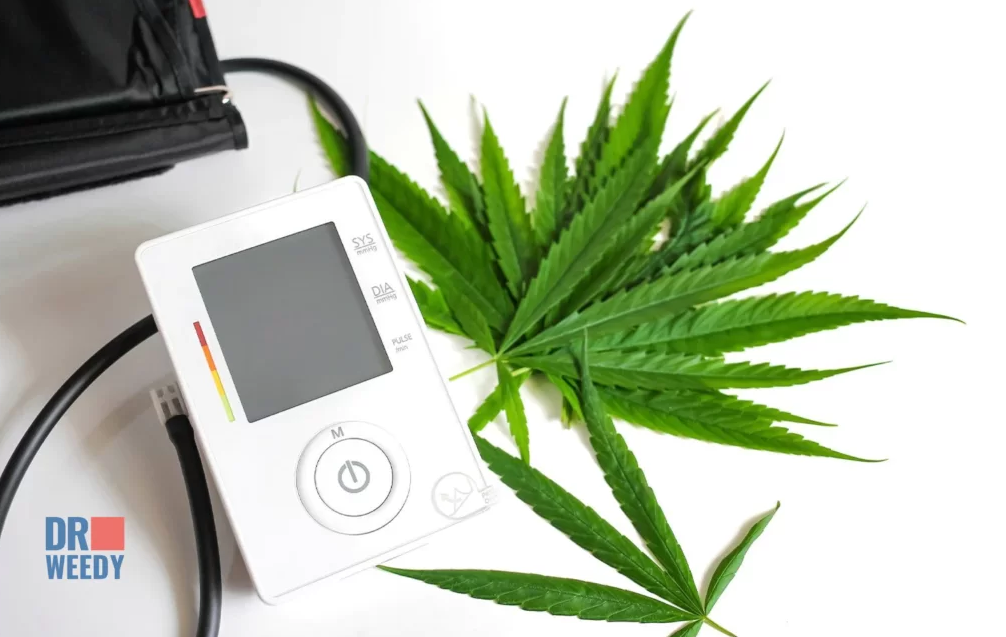High blood pressure, also known as hypertension, affects millions worldwide, increasing the risk of heart disease, stroke, and other chronic conditions. While conventional medication remains the cornerstone of treatment, many individuals seek alternative approaches, including cannabis.
However, the relationship between cannabis and blood pressure is complex and riddled with unknowns. This article delves into the current research, exploring potential strains, understanding the risks, and ultimately empowering you to make informed decisions about managing your hypertension.
What strain is good for high blood pressure?
The short answer is: that it’s complicated. Research on cannabis and blood pressure presents conflicting evidence. Some studies suggest that certain cannabinoids, like cannabidiol (CBD), may have blood pressure-lowering effects. Others indicate a potential increase in blood pressure, particularly with high-THC strains.
Here’s a breakdown of the key findings:
- CBD: Studies suggest CBD may dilate blood vessels and reduce anxiety, both of which could contribute to lower blood pressure. However, research is limited, and long-term effects remain unclear.
- THC: THC, the psychoactive component of cannabis, can initially raise blood pressure, especially in high doses. However, some studies suggest a rebound effect, with blood pressure dropping below baseline after regular use.
Exploring Potential Strains
While no specific strain is definitively proven to lower blood pressure, some exhibit properties that might be beneficial:

- CBD-rich strains: These strains contain high levels of CBD and minimal THC, potentially offering blood pressure-lowering effects without psychoactive intoxication. Examples include Charlotte’s Web, Harlequin, and ACDC.
- Indica-dominant strains: These strains tend to be more relaxing and may help manage anxiety, a contributing factor to high blood pressure. Examples include OG Kush, Northern Lights, and Indica Kush.
READ: Can You Take Collagen with High Blood Pressure Medication?
Important Caveats
Before considering cannabis for blood pressure management, remember:
- Limited research: The evidence base is still emerging, and long-term effects are unknown.
- Individual variability: How cannabis affects blood pressure varies greatly between individuals.
- Potential risks: Cannabis can interact with medications and have adverse effects like dizziness and anxiety.
- Legal considerations: Cannabis use is illegal in many regions.
Alternative Approaches to Managing High Blood Pressure
While exploring cannabis for high blood pressure requires caution, several evidence-based strategies can effectively lower your readings:
- Lifestyle modifications: Diet, exercise, stress management, and weight loss are crucial for managing hypertension.
- Dietary changes: Reducing sodium intake, increasing potassium and magnesium intake, and following a DASH diet can significantly impact blood pressure.
- Regular exercise: Aim for at least 150 minutes of moderate-intensity exercise per week.
- Stress management: Techniques like meditation, yoga, and deep breathing can help reduce stress-related blood pressure spikes.
- Medications: As prescribed by your doctor, specific medications can effectively manage and control high blood pressure.
Risks for Managing High Blood Pressure
Beyond the introductory overview, let’s delve deeper into the world of cannabis and its potential connection to high blood pressure. We’ll zoom in on specific strains, analyze the associated risks in greater detail, and explore alternative, evidence-based strategies for managing your hypertension, empowering you to make informed decisions about your health.

Delving into Specific Strains
While broad categories like CBD-rich and indica-dominant offer a starting point, understanding the nuances of various strains can be illuminating. Here’s a closer look at a few potential options:
- Charlotte’s Web: This high-CBD, low-THC strain boasts a proven track record in managing epileptic seizures and may offer promising effects for anxiety and chronic pain, both of which can contribute to high blood pressure. However, research on its direct impact on blood pressure is limited.
- Harlequin: Another CBD-dominant strain, Harlequin exhibits potential anti-inflammatory and pain-relieving properties, which could indirectly contribute to lower blood pressure by addressing underlying conditions. Again, direct evidence for blood pressure reduction is still developing.
- Cannatonic: This balanced THC/CBD strain offers a unique combination of relaxation and focus, potentially helping manage stress and anxiety, factors that can elevate blood pressure. However, due to the presence of THC, the potential for an initial blood pressure increase needs to be considered.
- ACDC: With a high CBD-to-THC ratio, ACDC is another promising option for anxiety and pain management, indirectly impacting blood pressure. However, as with other CBD-rich strains, more research is needed to solidify its role in directly lowering blood pressure.
Understanding the Risks
While the potential benefits of certain strains are intriguing, it’s crucial to be aware of the associated risks:

- Psychoactive effects: Even CBD-dominant strains can produce mild psychoactive effects in some individuals, potentially impacting alertness and coordination.
- Drug interactions: Cannabis can interact with various medications, including those used for hypertension, potentially leading to adverse side effects.
- Addiction potential: THC, the psychoactive component, carries a risk of dependence and addiction, especially for individuals with a family history of substance abuse.
- Respiratory issues: Smoking cannabis can irritate the lungs and exacerbate respiratory conditions like asthma.
- Mental health concerns: Cannabis use can worsen anxiety and psychosis in individuals with pre-existing mental health conditions.
Conclusion
The relationship between cannabis and high blood pressure remains complex and requires further research. While certain strains and cannabinoids may hold promise, they should not be considered a substitute for proven lifestyle modifications and medical interventions.
Remember, managing high blood pressure is crucial for long-term health. Always prioritize working with your doctor to develop a safe and effective treatment plan. If you’re considering cannabis, do so with caution, discuss it with your healthcare provider, and prioritize evidence-based strategies alongside any potential cannabis use.
READ: Is Oxtail Good for High Blood Pressure?
Resources & References
- National Heart, Lung, and Blood Institute: https://www.nhlbi.nih.gov/health-topics/high-blood-pressure/health-professional-information
- American Heart Association: https://www.heart.org/en/health-topics/high-blood-pressure
- Mayo Clinic: https://www.mayoclinic.org/diseases-conditions/high-blood-pressure/symptoms-causes/syc-20373410
- National Institute on Drug Abuse: https://nida.nih.gov/research-topics/cannabis-marijuana
Disclaimer: This article is for informational purposes only and should not be interpreted as medical advice. Always consult your doctor before making any changes to your treatment plan.
FAQs – Good Strain for High Blood Pressure
Can any cannabis strain definitively lower blood pressure?
No, currently there is no definitive evidence that any specific cannabis strain can definitively lower blood pressure. While research suggests the potential benefits of certain strains and cannabinoids like CBD, more long-term studies are needed to confirm their efficacy and safety in managing hypertension.
Is CBD-rich cannabis the best option for high blood pressure?
CBD-rich strains hold promise due to their potential vasodilating and stress-reducing properties. However, research on their direct impact on blood pressure is still limited. Additionally, some individuals may experience mild psychoactive effects even with CBD-dominant strains.
What are the risks of using cannabis for high blood pressure?
Potential risks include:
- Psychoactive effects: Even CBD-rich strains can cause mild intoxication in some individuals.
- Drug interactions: Cannabis can interact with medications for hypertension and other conditions, leading to adverse side effects.
- Addiction potential: THC, the psychoactive component, carries a risk of dependence and addiction, especially for vulnerable individuals.
- Respiratory issues: Smoking cannabis can irritate the lungs and worsen respiratory conditions like asthma.
- Mental health concerns: Cannabis use can worsen anxiety and psychosis in individuals with pre-existing mental health conditions.
Should I stop taking my prescribed medication for high blood pressure if I use cannabis?
Not. Never discontinue or alter your prescribed medication without consulting your doctor. Cannabis should not be considered a substitute for established medical treatment for hypertension.
What alternative strategies can I use to manage high blood pressure besides cannabis?
Several evidence-based approaches can effectively lower blood pressure:
- Dietary modifications: Reduce sodium intake, increase potassium and magnesium, and follow a DASH diet.
- Regular exercise: Aim for at least 150 minutes of moderate-intensity exercise per week.
- Stress management: Practice techniques like meditation, yoga, and deep breathing.
- Weight loss: If overweight or obese, losing even a small amount of weight can significantly improve blood pressure.
- Sleep hygiene: Maintain healthy sleep habits to regulate stress hormones and improve blood pressure control.
Should I discuss using cannabis for high blood pressure with my doctor?
Yes, open communication with your doctor is crucial. Discuss your interest in cannabis, review your medications for potential interactions, and monitor your blood pressure closely to assess any impact.


